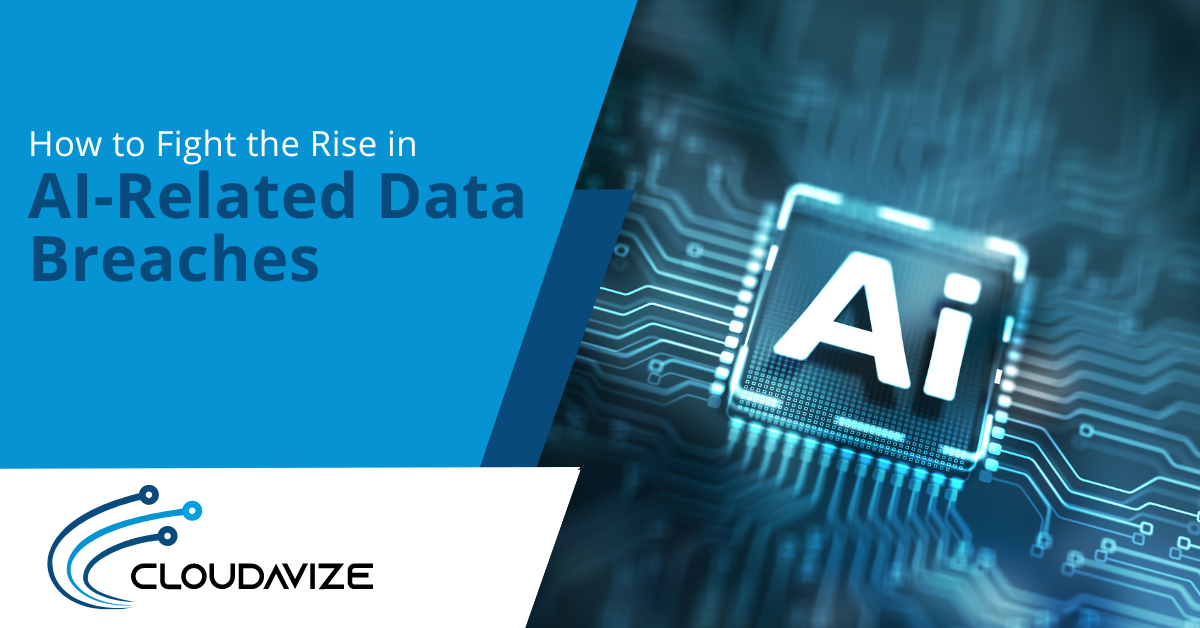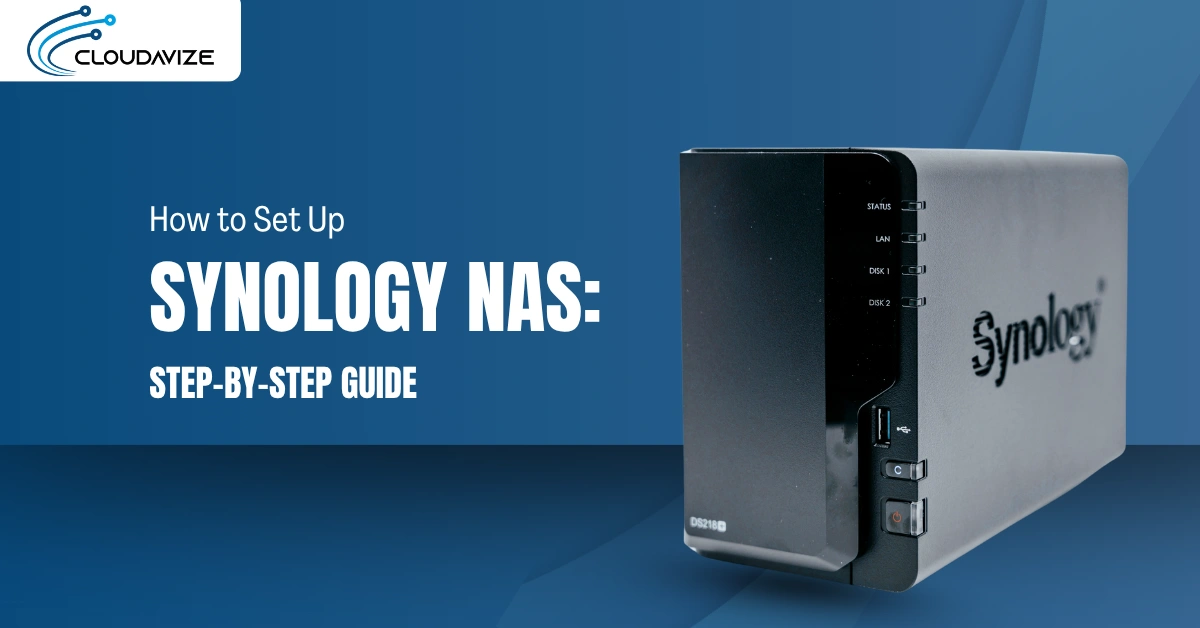In the era of digital transformation, Artificial Intelligence (AI) has emerged as a game-changing technology, revolutionizing industries and driving innovation across various sectors. However, as AI systems become more prevalent and sophisticated, they also present new cybersecurity challenges and vulnerabilities. One of the most significant risks associated with AI is the potential for data breaches, which can have devastating consequences for organizations and individuals alike.
As AI systems process and analyze vast amounts of data, they become prime targets for cybercriminals seeking to exploit vulnerabilities and gain unauthorized access to sensitive information. The consequences of an AI-related data breach can be far-reaching, including financial losses, reputational damage, and legal liabilities.
In this article, we will explore the rising threat of AI-related data breaches and provide practical strategies for organizations to fortify their defenses and protect their valuable data assets.
Table of Contents
Understanding the Risks
AI Systems as Targets
AI systems are attractive targets for cybercriminals due to the vast amounts of data they process and the potential value of that data. Malicious actors may attempt to gain access to AI systems for various reasons, including:
- Data Theft: AI systems often process and store sensitive data, such as personal information, financial records, and intellectual property. Cybercriminals may seek to steal this data for financial gain or other nefarious purposes.
- System Manipulation: By compromising an AI system, attackers may be able to manipulate its decision-making processes or outputs, potentially causing disruptions or influencing outcomes in ways that benefit them.
- Competitive Advantage: In highly competitive industries, cybercriminals may target AI systems to gain access to proprietary algorithms, models, or data that could provide a competitive edge.
Vulnerabilities in AI Systems
AI systems can be vulnerable to various types of attacks, including:
- Data Poisoning: Attackers may attempt to manipulate the training data used by AI systems, leading to biased or incorrect outputs.
- Model Extraction: Cybercriminals may try to steal or replicate the AI models themselves, potentially compromising the intellectual property and competitive advantage of the organization.
- Adversarial Attacks: These attacks involve crafting input data designed to fool or mislead the AI system, causing it to produce incorrect or undesirable outputs.
- Conventional Cyber Attacks: AI systems can also be vulnerable to traditional cyber threats, such as malware, phishing, and distributed denial-of-service (DDoS) attacks, which can compromise the system’s integrity and availability.
Fortifying Your AI Defenses
To effectively combat the rise in AI-related data breaches, organizations must adopt a comprehensive and proactive approach to cybersecurity. Here are some strategies to consider:
1. Implement Robust Data Security Measures
Protecting the data used by AI systems is crucial. Organizations should implement strong data encryption, access controls, and secure storage solutions to safeguard sensitive information. Additionally, regular data backups and disaster recovery plans should be in place to ensure business continuity in the event of a breach.
2. Enhance AI System Security
AI systems themselves must be secured against potential threats. This includes implementing secure coding practices, conducting regular vulnerability assessments, and deploying appropriate security controls such as firewalls, intrusion detection systems, and secure authentication mechanisms.
3. Adopt a Risk-Based Approach
Organizations should adopt a risk-based approach to AI security, identifying and prioritizing the most critical AI systems and data assets. This approach involves conducting thorough risk assessments, identifying potential threats and vulnerabilities, and implementing appropriate mitigation strategies based on the level of risk.
4. Invest in Continuous Monitoring and Incident Response
Continuous monitoring and incident response capabilities are essential for detecting and responding to AI-related security incidents in a timely and effective manner. Organizations should implement robust security monitoring tools and establish incident response plans to ensure prompt and coordinated action in the event of a breach.
5. Foster a Culture of Security Awareness
Cybersecurity is not solely a technical challenge; it also requires a strong culture of security awareness within the organization. Employees should receive regular training on cybersecurity best practices, including recognizing and reporting potential threats, and adhering to established security policies and procedures.
6. Collaborate and Share Intelligence
Collaboration and information sharing within the cybersecurity community can help organizations stay ahead of emerging threats and learn from the experiences of others. Participating in industry forums, sharing threat intelligence, and establishing partnerships with cybersecurity vendors and experts can enhance an organization’s ability to detect and respond to AI-related data breaches.
7. Continuously Evolve and Adapt
The cybersecurity landscape is constantly evolving, and new threats and vulnerabilities emerge regularly. Organizations must remain vigilant and continuously adapt their security strategies to address emerging risks. This may involve investing in ongoing security research, adopting new technologies and best practices, and regularly updating and testing their security measures.
Protect Yourself Today
As AI continues to transform industries and drive innovation, the risk of AI-related data breaches will only increase. Organizations must prioritize cybersecurity and take proactive measures to protect their AI systems and the valuable data they process.
At Cloudavize, we understand the unique challenges and risks associated with AI security. Our team of experts provides comprehensive AI security solutions tailored to your organization’s specific needs. We leverage cutting-edge technologies and industry best practices to fortify your AI defenses, ensuring the protection of your data assets and the integrity of your AI systems.
Don’t leave your organization vulnerable to AI-related data breaches. contact us today to learn more about our AI security services and take the first step towards a robust and resilient cybersecurity strategy.



